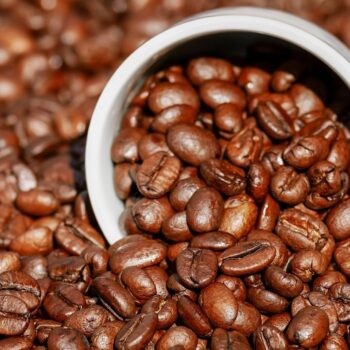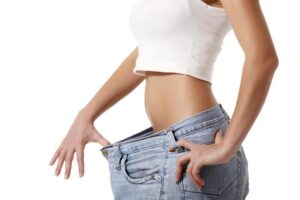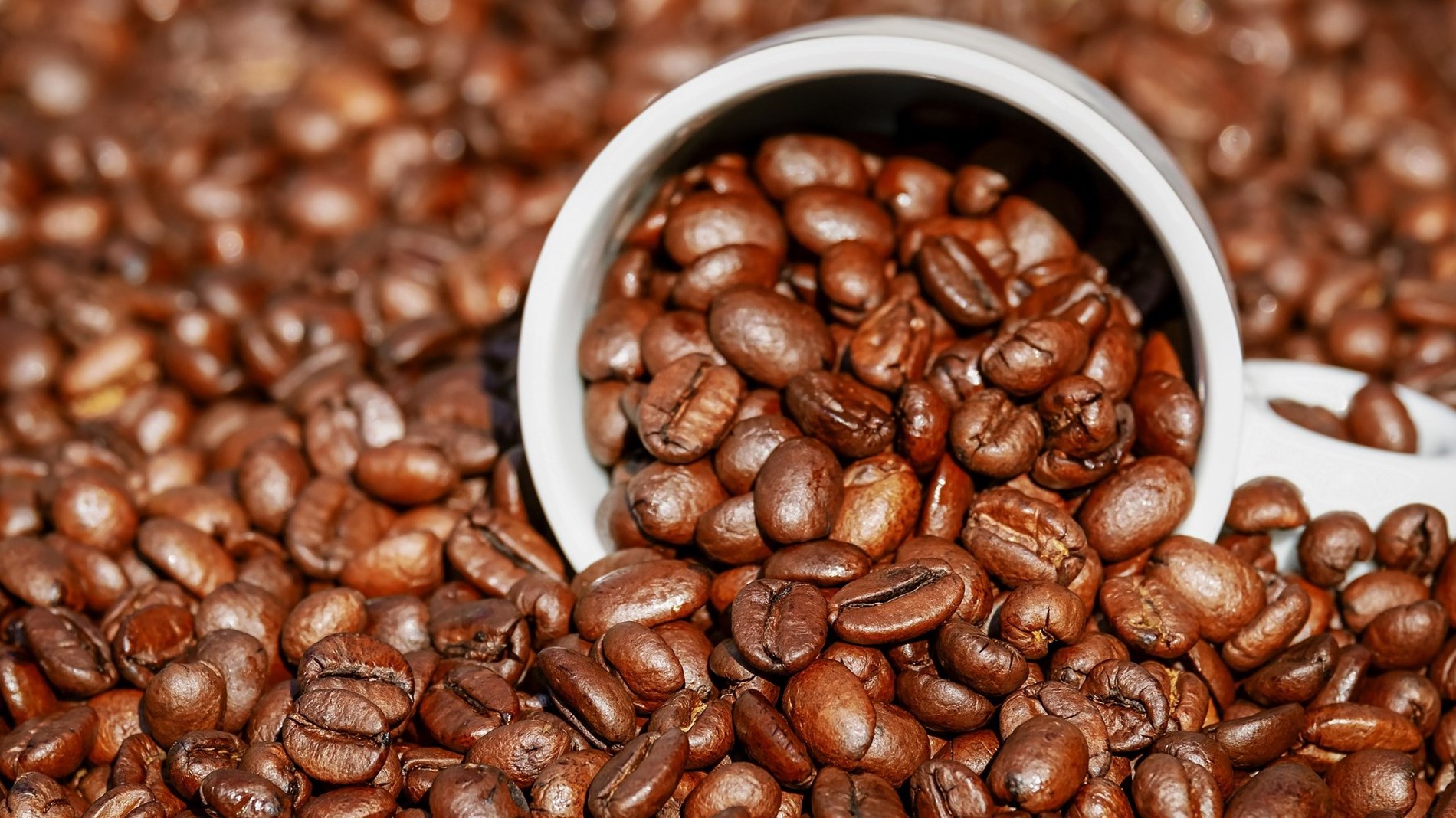The effect of caffeine on body weight
The effect of caffeine on body weight

The effect of caffeine: positive and negative
The effect of caffeine has become a major part of our lives. It affects appetite, stimulates the central nervous system, reduces fatigue and increases alertness, but when consumed in excess it leads to the opposite effect and we may feel tired and weak.
With the huge popularity of the coffee drink, caffeine has become a large part of every adult’s daily routine. Caffeine also has benefits, but once it is consumed more than a certain amount, it can also cause harm.
Learn about the positive and negative effects of caffeine on the body through the following article:
The effect of caffeine on the body
When talking about the positive effect of caffeine, we tell you that it stimulates the central nervous system, reduces fatigue, and increases alertness. However, it is important to know that if the amount of caffeine consumed daily is more than 500-600 milligrams, the reverse effect of caffeine can begin.
It is important to know that coffee is not always a stimulant, it often leads to side effects for which we choose to drink it, such as: fatigue, headache, weakness and others, and at the end of the day the strongest stimulant that is not accompanied by side effects is physical activity.
As for the effect of caffeine, or what can be said about the side effects of excessive caffeine consumption, they include the following:
- Lack of sleep.
- Nervousness.
- Insomnia.
- Lack of tolerance.
- Nausea or symptoms indicating digestive disorders.
- Increased heart rate.
- Headache.
- Anxiety.
- Muscle twitching.
- It is worth noting that some people are more sensitive than others to the effect of caffeine and that they can feel the side effects after only 200-300 milligrams of caffeine consumption during the day.
In addition, people who do not consume large amounts of caffeine on a regular basis are more susceptible to various side effects.
Among the factors that may affect the level of sensitivity to the effect of caffeine are body weight, age, smoking habits, stress, tension, and gender, as it has been shown that caffeine affects men more than women.
The effect of caffeine on body weight

Recent studies show that drinking coffee has a small effect on reducing weight or preventing obesity. However, the studies are inconclusive and there are several theories linking the effect of caffeine to weight:
- Loss of appetite
Caffeine has the ability to affect appetite loss in the short term, but there is not enough evidence that it has an effect in the long term and therefore affects weight loss. /span>Loss of appetite - Burning calories
Coffee can speed up the process of generating heat (thermogenesis) or what is known as burning fat, due to the rise in body temperature after digesting caffeine, but this is not an important reason that leads to Reduce weight. - Fluid loss
Coffee is a diuretic so temporary fluid loss can cause a decrease in body weight.
Various caffeine sources
Our lives are busy, dynamic, and require optimal performance at most hours of the day. Many people who work under pressure find themselves drinking too many caffeinated drinks during the day which can cause harm to the body.
It is important to know that reducing coffee consumption also does not necessarily reduce caffeine consumption, because caffeine is found in a variety of products besides coffee, such as: food, drinks, and even over-the-counter medications.
See the following table to learn about the sources of caffeine:


Tips to reduce your daily caffeine intake
To reduce the negative effect of caffeine on the body, we present here a set of tips that will help you reduce the amount of caffeine consumed daily:
Start reading food labels and tally up the total amount of caffeine you consume in a day.
Replace drinks rich in caffeine with water, or natural juices, which constitute a better alternative to this matter.
Drink a portion of your daily coffee intake as decaf, same taste but much lower caffeine level.
Steep the bag for a much shorter time when making tea to reduce the caffeine content of the drink Or another option is to drink herbal tea that does not contain any stimulant.
Always look for types of painkillers that are caffeine-free, as some painkillers sold contain caffeine and sometimes the amount reaches 130 milligrams of caffeine per pill.
For any inquiries or requests for any properties or medicines, please contact here to be directed to the main website:



Leave a Reply
You must be logged in to post a comment.